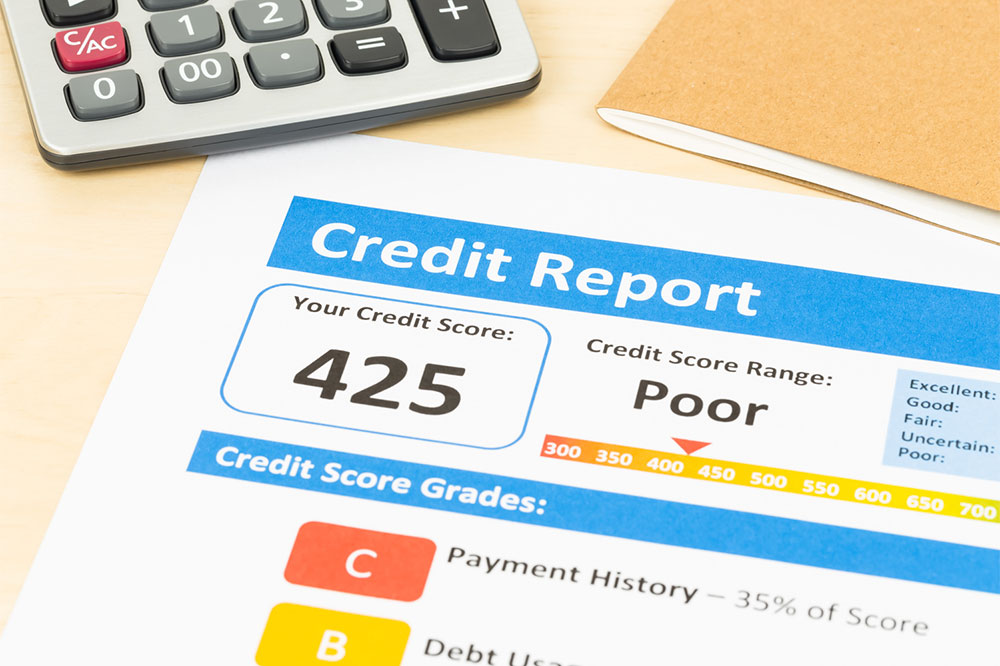Understanding Mortgage Options for Borrowers with Poor Credit
Explore how borrowers with bad credit can access home loans through FHA programs designed to make homeownership more attainable, even with low credit scores. Learn about qualification criteria, loan types, and assistance options helpful for first-time buyers.
Sponsored

Having a low credit score can create significant hurdles when applying for a loan. Loans are essential for major purchases like homes and vehicles, but a poor credit history often complicates approval. Fortunately, certain lenders and government programs offer solutions for individuals with less-than-ideal credit.
Since the 2008 financial crisis, subprime lending has largely disappeared, making it harder for those with bad credit to secure loans. The Federal Housing Administration (FHA) now provides assistance, allowing those with scores as low as 500 to qualify for home financing.
Typically, mortgage approval requires a credit score of 620-640, which many borrowers with poor credit scores lack. Established in 1934 to promote homeownership, the FHA insures loans to reduce lender risks. FHA loans are easier to qualify for than conventional mortgages, offering fixed-rate terms of 15 or 30 years, or adjustable-rate options.
FHA loans are especially popular among first-time buyers due to their low credit score requirements and minimal down payments. They also permit the use of gift funds for the full down payment. Additionally, first-time buyers can sometimes purchase a home with no down payment through special programs or grants listed on the HUD website.
If you have a poor credit history, demonstrating financial hardship and providing some compensating factors can improve your chances of qualifying for an FHA loan.






